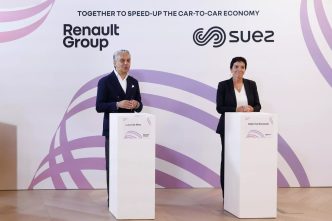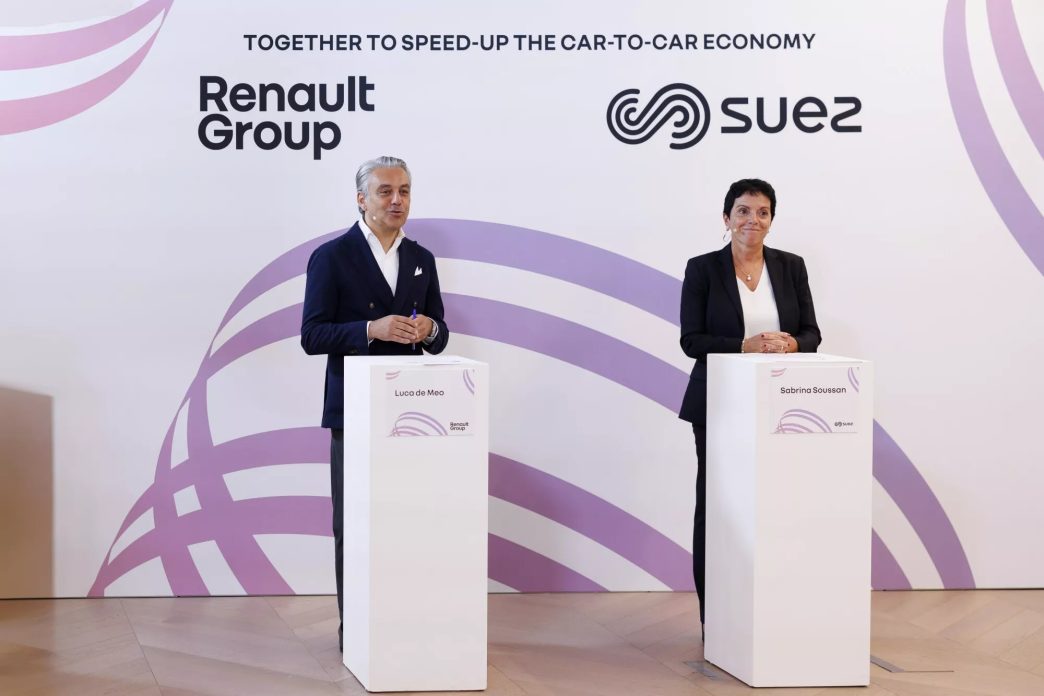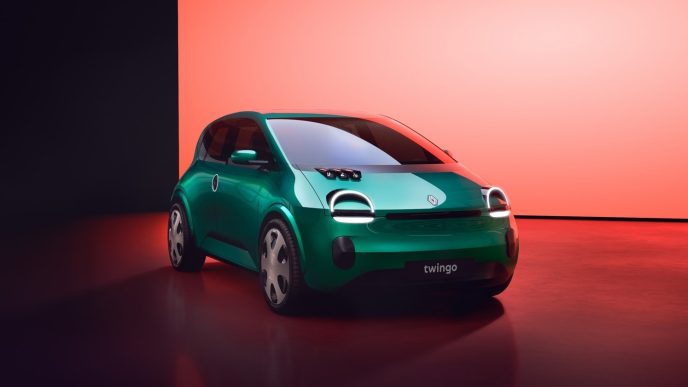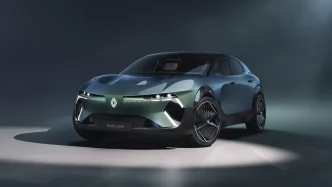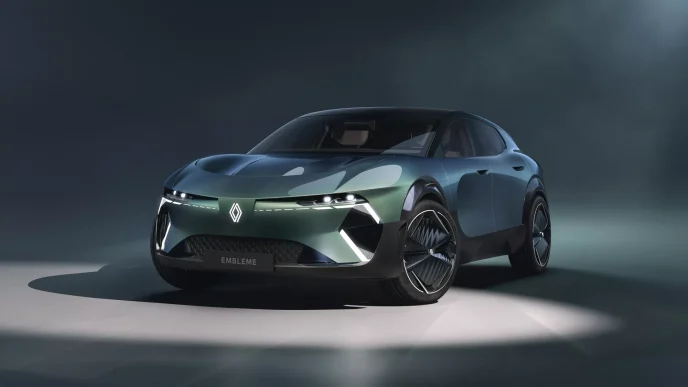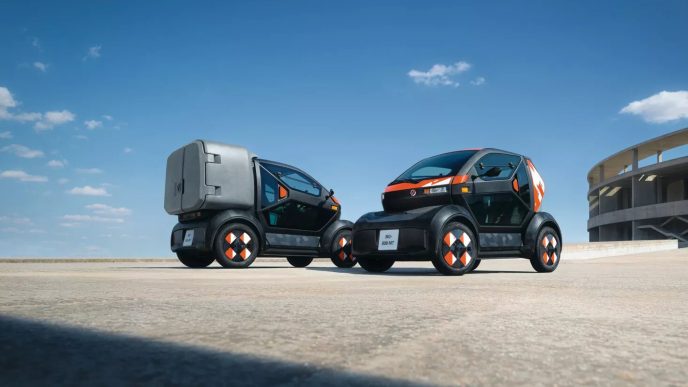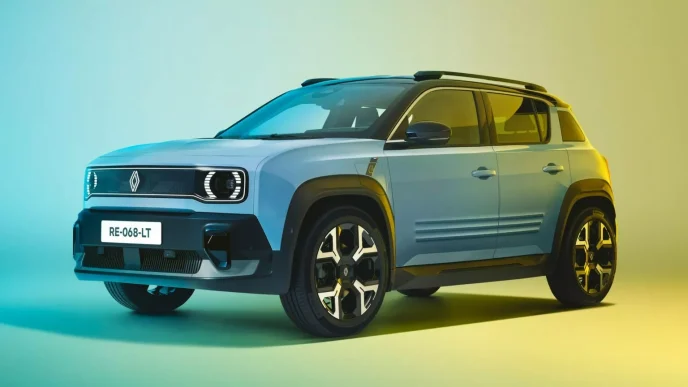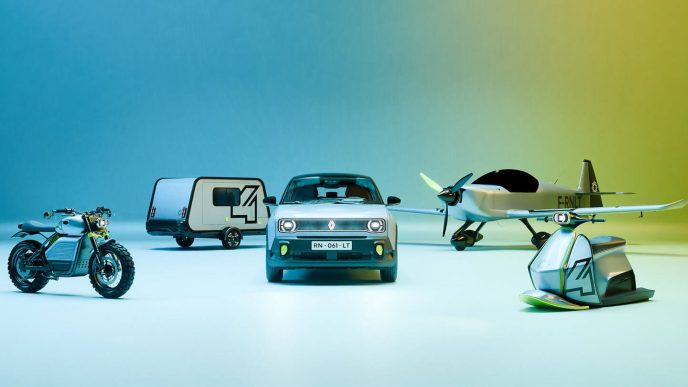SUEZ, a leader in waste recycling and recovery, is set to acquire a 20% stake in Renault’s recycling and circular economy unit, The Future Is NEUTRAL. This collaboration will see both companies contributing €140 million to enhance and expand the operations of The Future Is NEUTRAL, aiming to serve the entire automotive industry across Europe.
The partnership focuses on engaging with various stakeholders in the automotive sector to minimize their impact on natural resources, comply with evolving regulations, and develop new sources of recycled materials and components. SUEZ will leverage its expertise in automobile waste management, which includes collection, sorting, massification, and material recovery, to bolster the unit’s initiatives.
Launched at the initiative of the Renault Group, The Future Is NEUTRAL offers comprehensive circular economy solutions tailored for all participants in the automotive industry, including car manufacturers, equipment suppliers, distributors, insurers, and private customers.
Luca de Meo, CEO of Renault Group, expressed enthusiasm about the partnership, stating, “SUEZ’s decision to team up with us in The Future Is NEUTRAL is new evidence that coming up with this model was the right move. Our joint investment will allow us to accelerate to provide an open circular economy platform that meets the needs of all players in the automotive industry while expanding our activities. We are doing this by strengthening existing operations and creating new closed-loop recycling solutions, from car to car.”
Sabrina Soussan, Chairman and CEO of SUEZ, emphasized the significance of this collaboration, saying, “By investing in The Future Is NEUTRAL alongside Renault Group, SUEZ is moving into a stronger position to support automotive industry players on their ecological transition. Securing secondary raw material supplies is one of the key challenges the automotive sector must address over the coming years. Our expertise in waste recycling and recovery will enable us to support the sector’s transformation as it transitions towards more circularity and reduces its reliance on virgin raw materials.”

